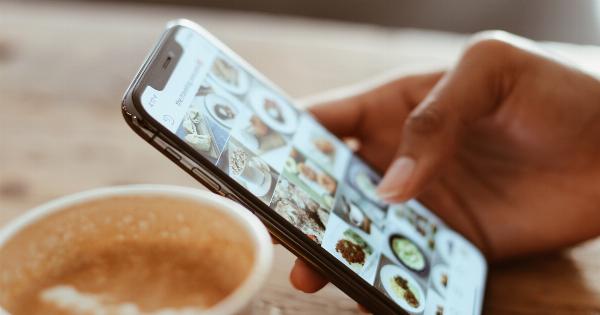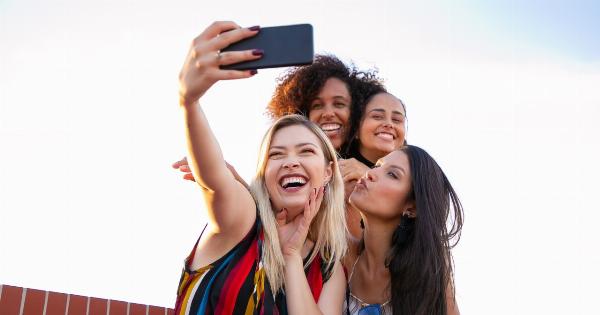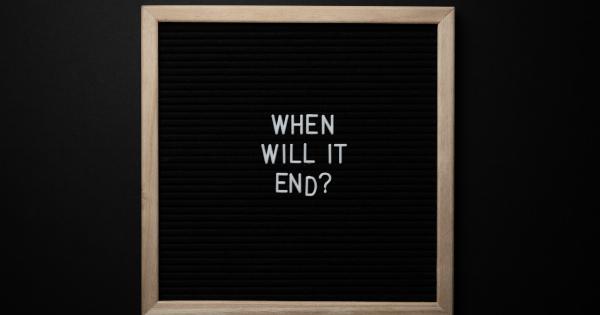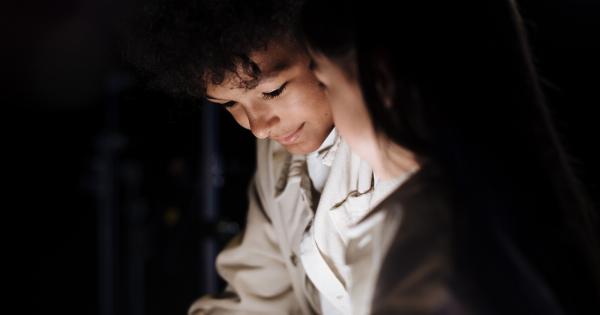Instagram, a social media platform that was introduced in 2010, has now become one of the most popular platforms with over 1 billion monthly active users worldwide.
Instagram offers a vast array of photos, videos, and stories shared by users from all over the globe. It is an ideal platform for reaching out to and connecting with people. However, the platform also comes with its unique psychological effects that affect users in different ways.
This article explores the psychological impact of hormones and followers on Instagram users.
The Role of Hormones in Instagram Psychology
Hormones can influence our emotions, behaviors, and decision-making. Social media platforms such as Instagram affect our hormone levels in various ways. Here are some of the ways by which Instagram and hormones are interrelated:.
Oxytocin
Oxytocin, known as the bonding hormone, is responsible for building trust and emotional connections with other people. The hormone is also associated with love, intimacy, and social bonding.
Instagram can stimulate our oxytocin levels when we feel connected to the people we follow or are followed by on the platform. For instance, a user may feel happy when they get likes or comments on their posts, which can increase their oxytocin levels.
Dopamine
Dopamine is a hormone associated with pleasure and reward. When we receive positive feedback or validation on Instagram, this triggers our feel-good hormone, dopamine.
When we get likes, comments, or followers, we feel accomplished and successful, which can increase our dopamine levels. This hormone can stimulate a user’s compulsion to post more content or gain more followers as they seek to get the same pleasurable feelings again.
Cortisol
Cortisol is a hormone released when our body is under stress. Instagram can stimulate a user’s cortisol levels when they feel insecure or unhappy with their posts, engagement, or followers.
Constant exposure to curated and edited content on Instagram can also lead to social comparison and feelings of inadequacy. A user who experiences anxiety and feelings of self-doubt while using Instagram is likely to have high cortisol levels.
The Psychology of Instagram Followers
Instagram followers have a significant psychological impact on users. Here are some of the ways by which Instagram followers affect our psychology:.
Social validation
Instagram followers are a form of social validation. Users who have many followers feel accepted and validated. In contrast, users who have fewer followers may feel isolated or ignored.
Social validation that comes from having many followers is a great psychological boost, and it can help users build self-esteem and confidence.
Self-expression
Instagram followers can provide an avenue for self-expression. Users who have many followers can use their platform to share their creativity, personality, or interests. These users feel empowered to express themselves and their ideas.
Instagram is an ideal platform that allows users to showcase their abilities, and their followers will appreciate their content, which can be an encouragement to continue.
Fear of missing out (FOMO)
Instagram users may have a fear of missing out (FOMO) when they see their followers posting content that they cannot access. This constant barrage of content may make a user feel as though they are missing out on social connections or experiences.
A user with FOMO may have high levels of anxiety or insecurity about their social life and engagement on the platform.
Social comparison
Social comparison is the process by which users compare themselves with others on Instagram. It can stimulate feelings of envy, jealousy, or inferiority.
A follower count, likes, or comments can create a sense of social currency, a measure of a user’s social influence. Users with fewer followers or likes may feel inadequate or less popular compared to other Instagram users. Social comparison can lead to an unhealthy obsession with follower count, which affects a user’s self-esteem and mental health.
Conclusion
Instagram has a profound psychological impact on users. Hormones such as oxytocin, dopamine, and cortisol impact a user’s behavior and decision-making when using the platform.
Instagram followers play a significant role in social validation, self-expression, and social comparison, which can affect a user’s self-esteem and mental health. Understanding the psychological impact of Instagram hormones and followers is essential to enjoying the platform healthily and constructively.





























